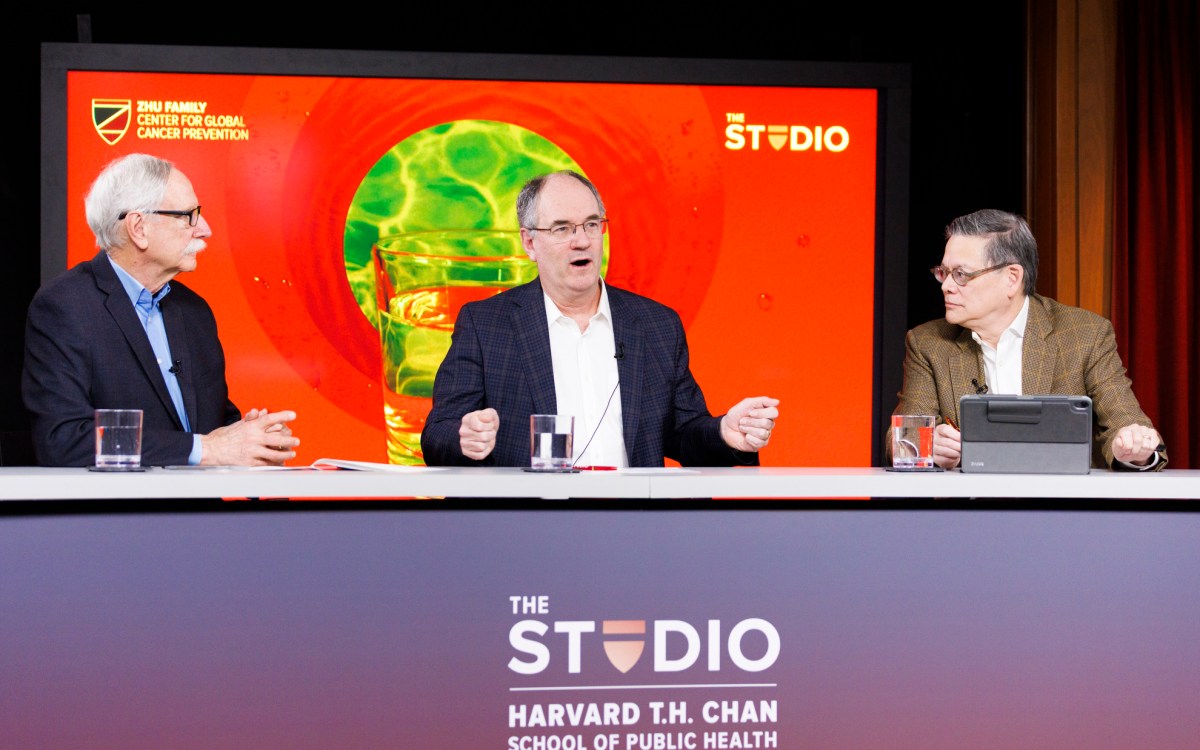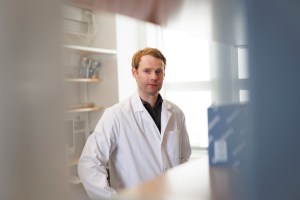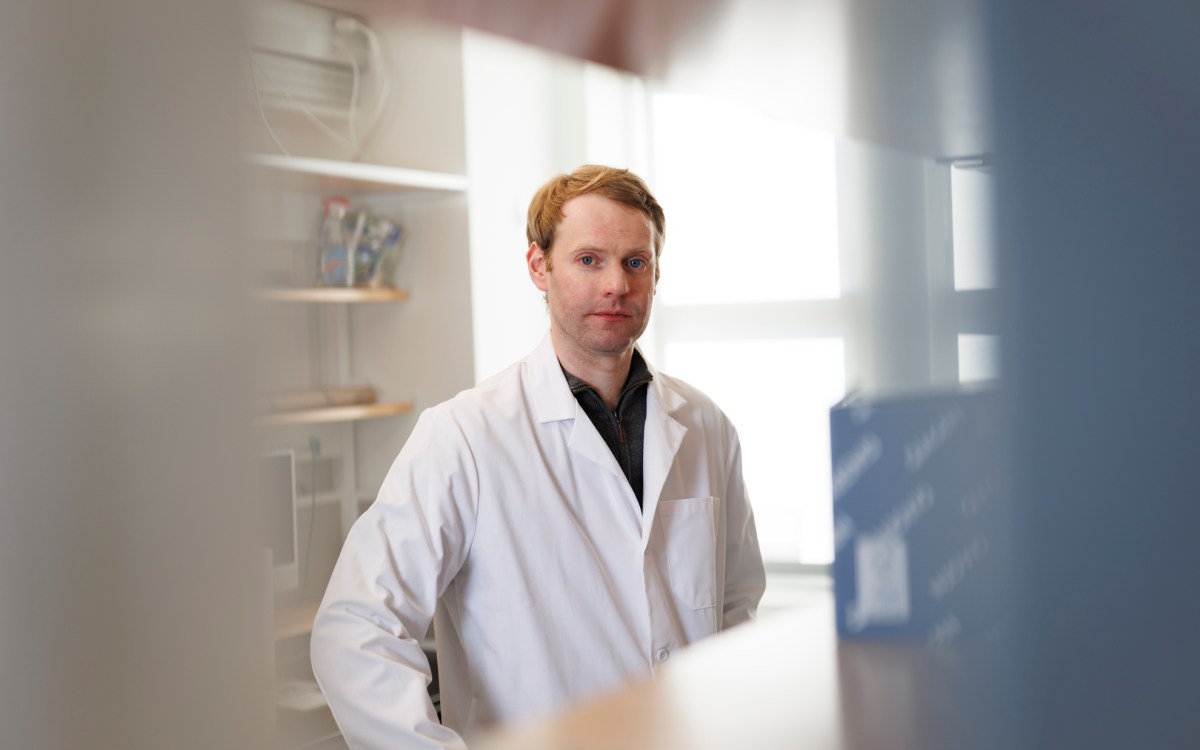Harvard Divinity School faculty votes for open access policy
The faculty of Harvard Divinity School (HDS) voted, in a meeting on Nov. 15, to allow Harvard University to make electronic versions of their current scholarly articles available to the public. With the vote for open access, the Divinity School faculty joined five other Harvard schools in a commitment to disseminate faculty research and scholarship as widely as possible.
“While open access has grown more quickly in the sciences, the movement is of vital importance in all fields of scholarly inquiry,” said Laura Wood, librarian of Andover-Harvard Theological Library at HDS. “The HDS faculty has taken an important step—both practically and philosophically—toward broader dissemination of their scholarship.”
Faculty members will be able to deposit electronic copies of their publications in an open access digital repository, or archive, managed by the University’s Office for Scholarly Communication. The contents of the repository are freely available to the public, are searchable and accessible to other services such as Google Scholar, and will be maintained, archived, and preserved.
Under the open access policy, HDS faculty authors retain copyright of their articles, but grant Harvard an automatic, nonexclusive license to open-access distribution, unless they choose to waive Harvard’s license on a case-by-case basis, at their own discretion.
“I am very pleased that my colleagues have voted to commit to Harvard’s open access initiative,” said William A. Graham, dean of Harvard Divinity School, John Lord O’Brian Professor of Divinity at HDS, and Murray A. Albertson Professor of Middle Eastern Studies in the Faculty of Arts and Sciences (FAS). “Because so many of us who teach in FAS and at the Divinity School have colleagues in developing countries around the world who have great difficulty getting to journals that we take for granted in America and Europe, this kind of initiative has great importance to efforts to open up scholarship globally.”





